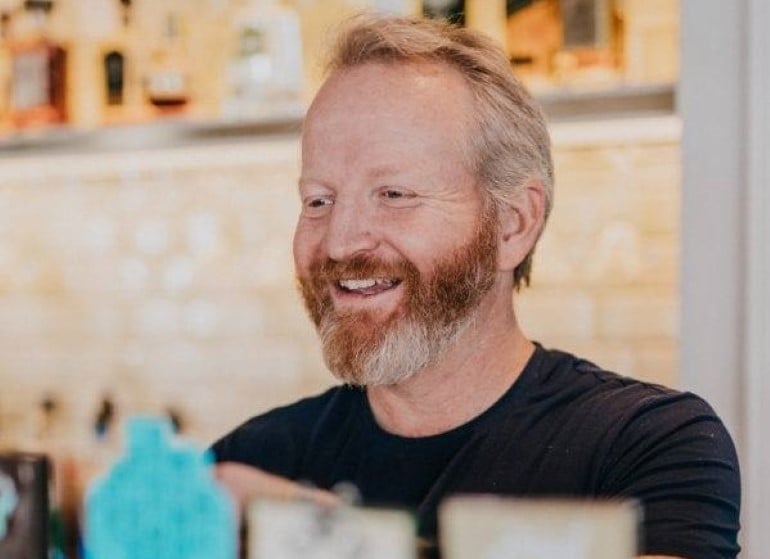In 2015, I found a cracker of a pub for sale. The price tag? Around $4 million.
At that time, I didn’t have the funds to buy it myself, so I went to my network, pitched the concept, and all of them said, ‘Sure Steve, we’ll invest in that!’ Off the back of those verbal guarantees, I signed the contract and bought the pub.
When I went to collect the funds from my ‘investors’, they’d all changed their minds. As a result, I had to raise $1 million in a day, or be sued for $4 million!
I did raise the money in the time frame, but it was a very stressful day, to say the least.
I turned that one pub into a multi-pub empire valued at $100 million, and I now operate a private equity fund that buys and sells pubs, and delivers great returns to my investors.
That early experience of raising capital taught me a great deal about how not to raise capital, particularly about what not to say to investors when pitching for their funds. I’ve discovered there are four phrases you should never utter.
“It’s just me.”
Investors like to think that there’s more to the operation than just you.
It gives them confidence to know that if you get sick or leave, the business won’t fold. But what if it is just you?
How can you appear bigger without misrepresenting the truth?
The reality is you may not have any staff yet, but that doesn’t mean you don’t have a team.
Think about all the suppliers that support your business – your accountant, lawyer, social media manager, bookkeeper, web developer and others.
They are all a critical part of your team, so include them in the pitch deck and let investors know that your business has the support of a wide range of experts, and that it’s not ‘just you.’
“We will go broke if we don’t get this funding.”
When I was racing around raising my million dollars in a day, the reality was I was frantic.
Did I let my potential investors know that? Absolutely not.
The smell of desperation does not instill confidence. No one likes to board a sinking ship, so even if you will go broke if you don’t get funding, don’t let on.
Obviously, you can’t be dishonest about your situation, but you don’t have to signal how desperate things really are.
As hard as it may be, act confident, upbeat and positive. That is what they are really investing in.
“I’ve never failed before.”
Believe it or not, some investors will only invest in business owners who have already failed.
A famous Australian entrepreneur, the founder of a billion-dollar tech firm, spectacularly lost $20 million of investors’ money on one of his earlier forays.
His future investors were happy with that result (mainly because it wasn’t their money), but also because they knew they’d benefit from that entrepreneur’s $20 million ‘education’.
If you get asked about what failures you’ve had, don’t say ‘none,’ because it’s probably not true, and if it is, it won’t win you any kudos from the investors as they’ll think you’re too green to manage their money.
If you do need to talk about your failures, frame them positively as a learning experience and demonstrate how you’ll bring those lessons to this new endeavour.
“The paperwork is coming”
Nothing speaks ‘amateur’ more than pitching a great idea without having the requisite paperwork to back it up.
If you’re sourcing investors, make sure your Information Memorandum (or Business Plan), and Application Form are all ready to go.
Not having it ready will not only dampen the investor’s enthusiasm, but it will delay the signing of the paperwork.
Get your paperwork sorted before you start pitching.
—
Investors are a vital source of funds for visionary entrepreneurs and knowing how to pitch for funding is critical if you want to grow. Follow these simple guidelines when pitching for their funds and you’ll find success. Hopefully you’ll never have to raise $1 million dollars in a day like I did, but if you do, at least you’ll know what not to say.
- Stephen J. Hunt is the author of Find. Build. Sell. (Wiley $29.95) and founder of Hunt Hospitality.




















Trending
Daily startup news and insights, delivered to your inbox.